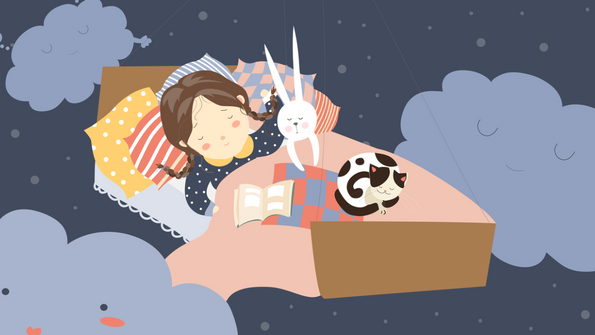Health sabotage: 7 ways you’re harming your path to wellness
Stumble #1: Sleep debt
Solution: solve snooze time
Getting good sleep is the most vital thing you can do for your health, says Rockland Hinkle, a sleep technician at Boulder Community Sleep Diagnostics in Colorado. Sleep aids normal blood pressure, healing, growth and development. Adults generally need seven to nine hours of sleep each night, while children and teens need nine to ten hours. Babies and toddlers need even more, Hinkle says.
It’s common for people to accumulate “sleep debt” by cutting short those hours each night, but you can easily resolve this with a 20-minute daily nap (the ideal length, according to the National Sleep Foundation). “[Other] people try to make up their debt by sleeping in on the weekends,” Hinkle says, but research debunks that strategy’s effectiveness because it throws off your internal body clock.
It’s imperative that sleep remain uninterrupted, Hinkle says. If the cat routinely bats your head at 3 a.m., that’s not good. Or you may be waking up because of an undiagnosed disorder, such as sleep apnea, where you repeatedly stop breathing. “You’ll know you have [some type of] problem if you can’t make it through your day without fighting the urge to sleep.” Conversely, poor sleep in teens presents itself as hyperactivity, Hinkle says.
Treatments for sleep disorders include wearing a sleep mask that pumps pressurized air to open the airways. For teens, sleep apnea could be caused by enlarged tonsils and resolved with surgery.
“Personally, I recommend that everyone get a sleep study done at a sleep lab twice in their life,” Hinkle says, especially if you always have trouble snoozing or your sleep patterns have changed. To find a local accredited lab, visit the American Academy of Sleep Medicine at aasm.org and search for “State Sleep Societies.”
If you don’t have a serious disorder but still have trouble getting to sleep, consult your doctor about a natural sleep aid such as melatonin. Or try tart cherry juice without added sugar. In one study, participants who drank two cups of tart cherry juice daily showed “significant reductions in insomnia severity” compared with those who drank a placebo.
